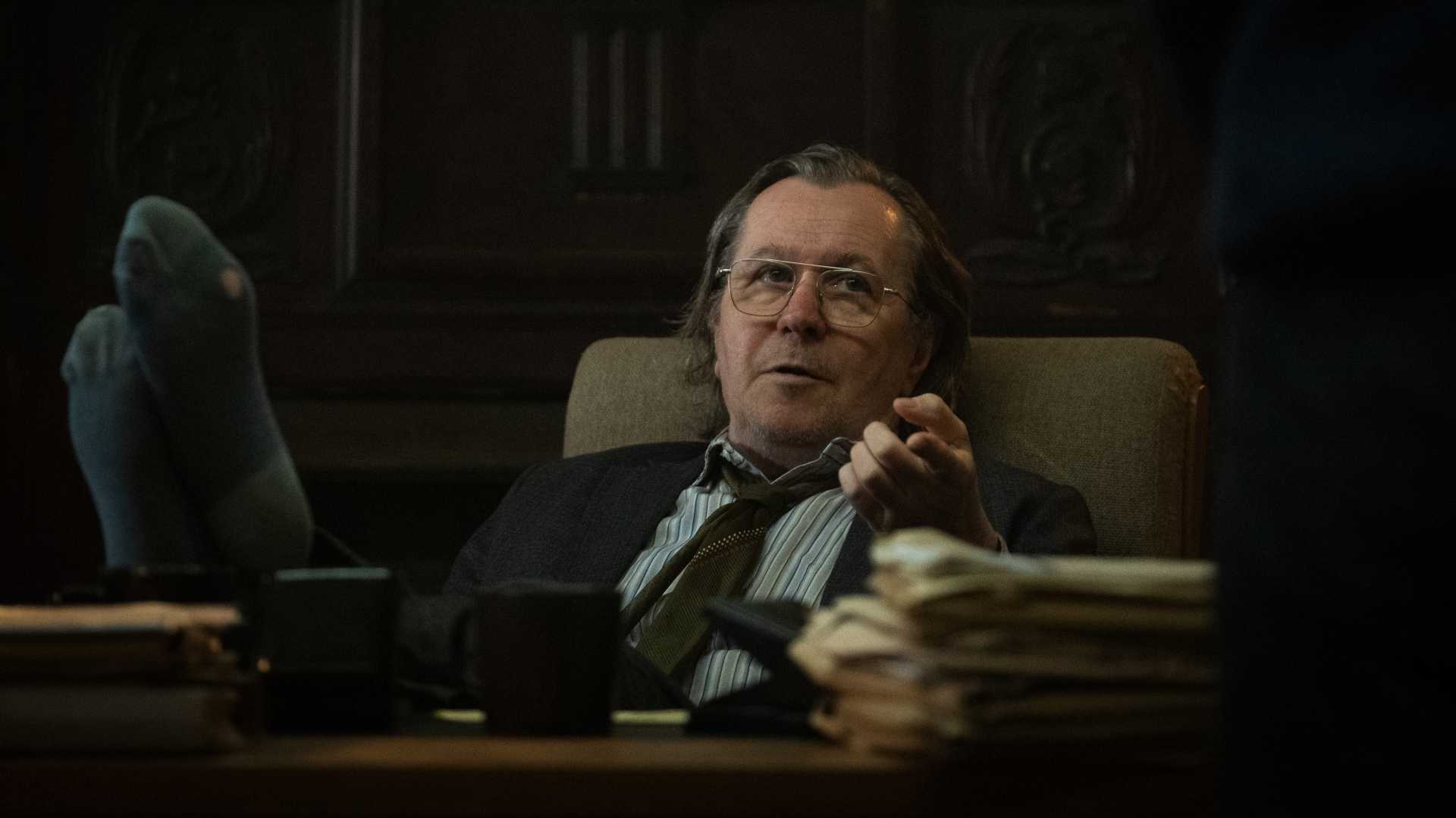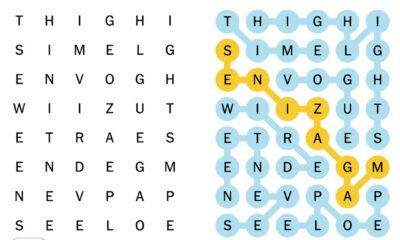Entertainment
Slow Horses”: An Insight into the Successful TV Series Model

In the television landscape, where many series struggle to maintain consistency across multiple seasons, “Slow Horses,” a spy drama running on Apple TV+, stands out as an exemplar of narrative cohesiveness and character development. Over its four-season run, the show has managed to carve out a unique niche, showcasing a format that balances standalone storytelling with overarching plot development.
“Slow Horses,” based on Mick Herron‘s novel series, follows a group of unlikely British intelligence operatives stationed in the uninspired MI5 department known as “Slough House.” The most recent season has brought both thrilling action sequences and emotional depth, encapsulating the model that has made the show a success. Critics have noted its ability to weave humor, suspense, and poignant drama without jarring tonal shifts.
The series is especially lauded for its character-driven plots. At the center is River Cartwright, portrayed by Jack Lowden, whose personal and professional challenges add emotional weight to the suspenseful narratives. Gary Oldman’s portrayal of Jackson Lamb, the indolent yet sharp-tongued head of Slough House, provides both comedic relief and dramatic gravitas.
Season four introduced Hugo Weaving as the formidable antagonist Frank Harkness, who also serves as a potential familial connection to Cartwright, adding layers of personal intensity to the unfolding espionage drama. The season finale wrapped up these intricate storylines while introducing new elements to anticipate in the forthcoming season.
The strength of “Slow Horses” lies in its commitment to a storytelling model that feels fresh in today’s TV environment. The show eschews the common 22-episode structure for shorter, focused seasons, allowing for detailed character arcs without losing narrative momentum. Each season feels self-contained yet contributes to an expansive overarching plot.
Beyond its narrative technique, “Slow Horses” maintains a delicate balance between critiquing bureaucracy and espionage. It presents a multifaceted view of intelligence work, not shying away from portraying the conflicts within MI5. Kristin Scott Thomas’s Diana Taverner embodies this tension, navigating office politics while dealing with high-stakes national security threats.
The show’s success also lies in its exceptional ensemble cast. Alongside Oldman and Lowden, actors such as Saskia Reeves, Kadiff Kirwan, and Jonathan Pryce contribute to the series’ compelling dynamic. Their performances ground the occasionally exaggerated scenarios, keeping the viewers invested in their fates.
Critics argue that “Slow Horses” offers a fresh take on series television by providing well-rounded episodes that advance both character development and plot. The series manages to balance suspense with character intimacy, resulting in a show that feels both exciting and emotionally resonant.
As television continues to evolve, “Slow Horses” exemplifies how thoughtful pacing and strong writing can sustain a series beyond its inaugural seasons. With a fifth season already filmed and awaiting release, fans and critics alike eagerly anticipate what further developments await the show’s ensemble cast.












